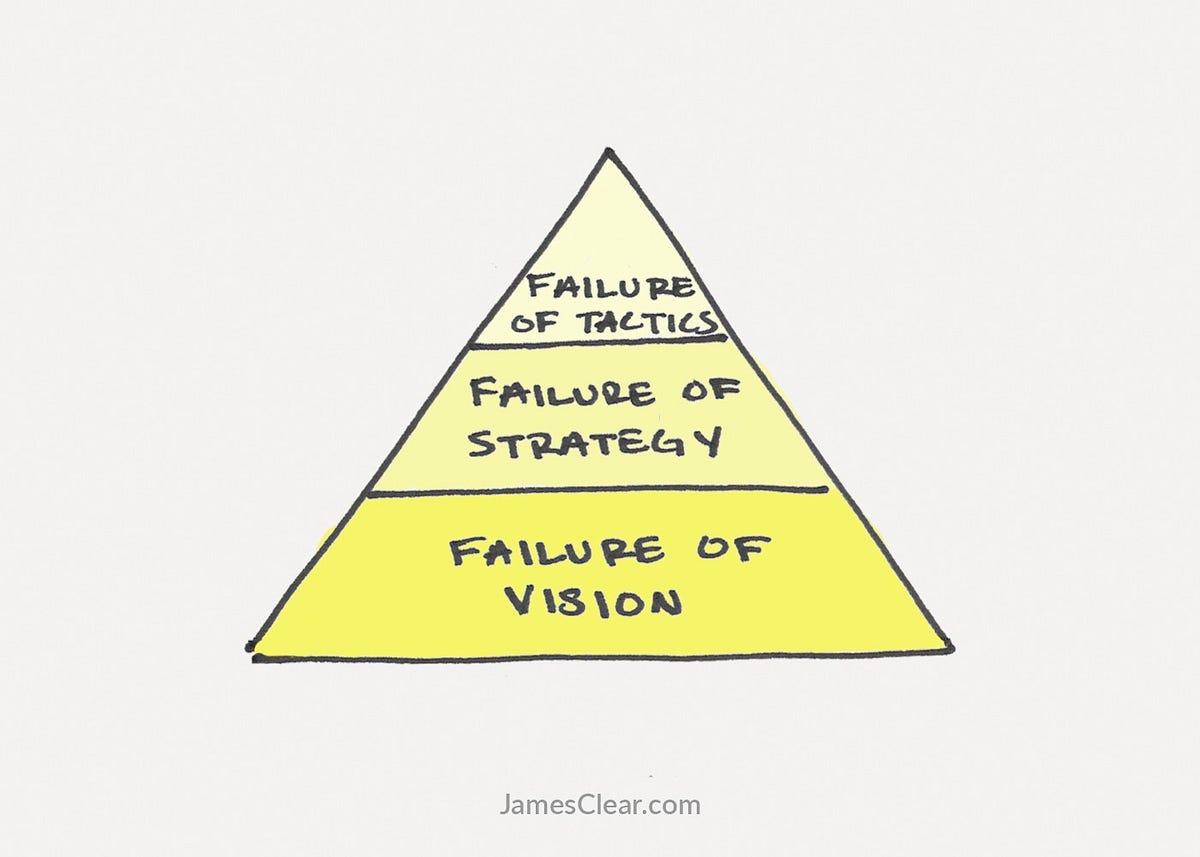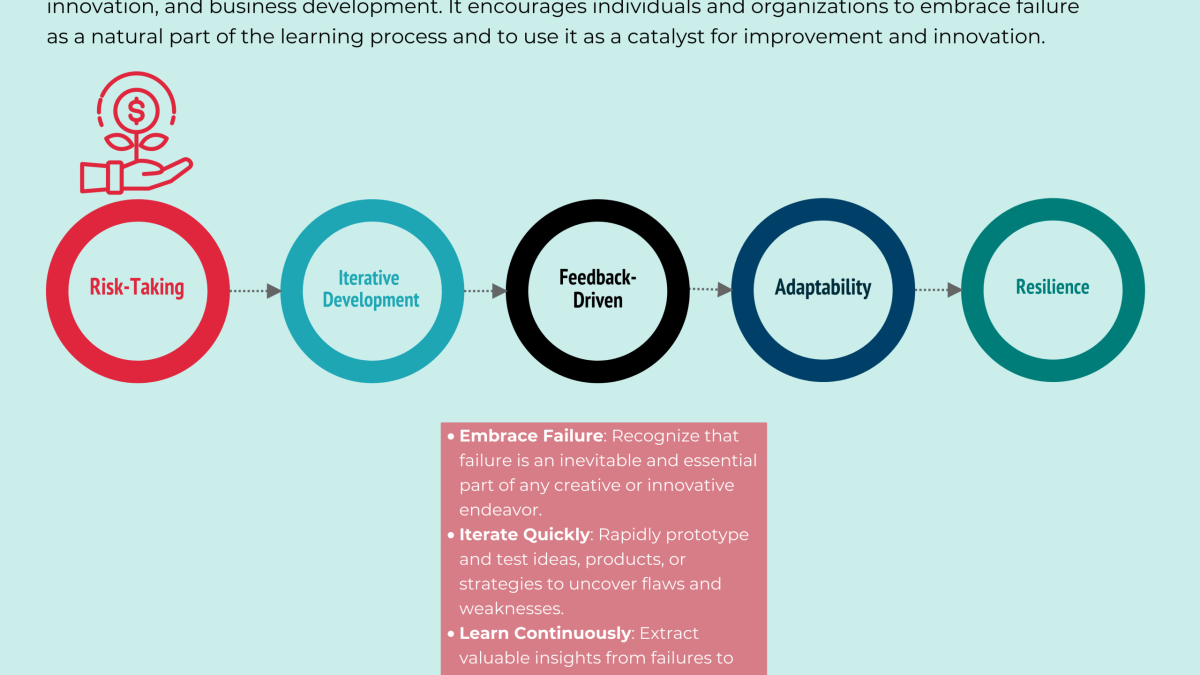Man, I spent years thinking I was some kind of financial genius, and every single year ended with me scratching my head, wondering why I was still just treading water. I’d read all the books, watched all the YouTube videos, jumped into every hot stock tip my buddy gave me at the bar. I was earning decent money, enough to be comfortable, but my actual net worth never seemed to climb. I kept failing, over and over, and for a long time, I just blamed the market, or the economy, or my stupid boss for not giving me a bigger raise.

The whole thing blew up in my face about four years ago. My wife and I were planning a big move, nothing crazy, just across state lines. We sat down to look at our combined savings for the down payment, and the number staring back at us was pathetic. Absolutely pathetic. After five years of solid work, we had less saved than the cost of a decent used truck. I felt like a total fraud. That night, I ripped apart every spreadsheet I had ever made and started digging deep into what I was actually doing wrong. It wasn’t the market; it was me. I found three huge, stupid mistakes I was making, and once I fixed these, things started clicking immediately.
Mistake One: Focusing Only on the Home Run
This was the biggest time killer. I was always chasing the 10x returns. I invested heavy into crypto when it was pumping, bought meme stocks because I saw them trending online, and spent hours researching the next big industry disruptor. I literally ignored the basic stuff because it felt too boring.
I remember I dumped nearly twenty grand into some weird biotech stock that was supposed to revolutionize something-or-other. I watched it drop 60% in six months and panicked, selling it off for a massive loss. All this time, I had high-interest credit card debt sitting there, silently eating away at me, but I didn’t care about paying that down because it wasn’t a “wealth building strategy”—it was just debt payoff. Boring!
I had to force myself to change gears. I took out every debt statement I had and listed them by interest rate. I vowed to throw every extra penny at the highest rate one first. It wasn’t sexy, but man, when those monthly interest payments finally shrunk, I felt real power. My strategy instantly shifted from “Win Big” to “Stop Losing.” That alone cleaned up half my monthly cash flow.
Mistake Two: Treating the Bank Account Like a Big Bucket of Cash
Before, all my money just landed in one checking account. If the number was above $5,000, I figured I was fine. I didn’t track where that $5,000 was supposed to go. Was it for the mortgage? Was it for the annual insurance premium? Was it for groceries? No idea.

I realized I was financially illiterate because I was too lazy to organize. My fix here was simple but brutal. I opened three extra savings accounts and labeled them clearly. I didn’t get fancy; I just used my regular bank.
- Account A: Bills Only. This is where the mortgage, utilities, and car payments get pulled from. It gets filled up on the 1st and nothing else touches it.
- Account B: Big Annual Stuff. Taxes, insurance, holidays. I calculated the total annual cost and divided it by 12, then transferred that amount automatically every month.
- Account C: Fun/Discretionary. This is my actual spending money. If I want a new gadget or to eat out, it has to come out of here. If it runs out, too bad.
I set up automatic transfers to these buckets the minute my paycheck hit. It sounds ridiculous, but separating the money physically stopped me from accidentally dipping into the rent money to buy some stupid gadget. I finally knew exactly how much money I truly had left to play with, which was usually a lot less than I thought.
Mistake Three: Zero Consistency and Getting Bored Too Soon
My old strategy was always about finding the next silver bullet. I’d try one investment strategy for three months, read a book that preached the opposite approach, and then switch everything up. I never stuck with anything long enough to see if it actually worked. I was interrupting the compounding effect constantly because I had no patience.
I bought some stocks, saw them dip 5%, and sold them because I thought I was getting out ahead of a crash. Then I’d buy something else that was already high, just to watch it immediately flatten out.
The fix here was painful because it meant I had to shut up and do nothing. I simplified everything down to two index funds and a reliable bond fund. I set up an automatic weekly transfer into those three funds. Then, I closed the investing app on my phone and deleted all the finance news feeds I was watching.

My new rule? I promised myself I would not look at the account balance for six months. I pushed the money in, and I ignored it. When I finally opened the app six months later, everything had grown steadily, without any drama. It wasn’t a home run, but it was solid, dependable forward motion. That slow, boring consistency built more wealth in one year than my previous five years of frantic trading and chasing had ever done.
Look, if your money strategy is failing, you probably don’t need a better stock tip. You need to stop screwing up the basics. I was exactly there. I cleaned up the debt, I organized the cash flow, and I stuck to the plan. It’s not fancy, but it works.
